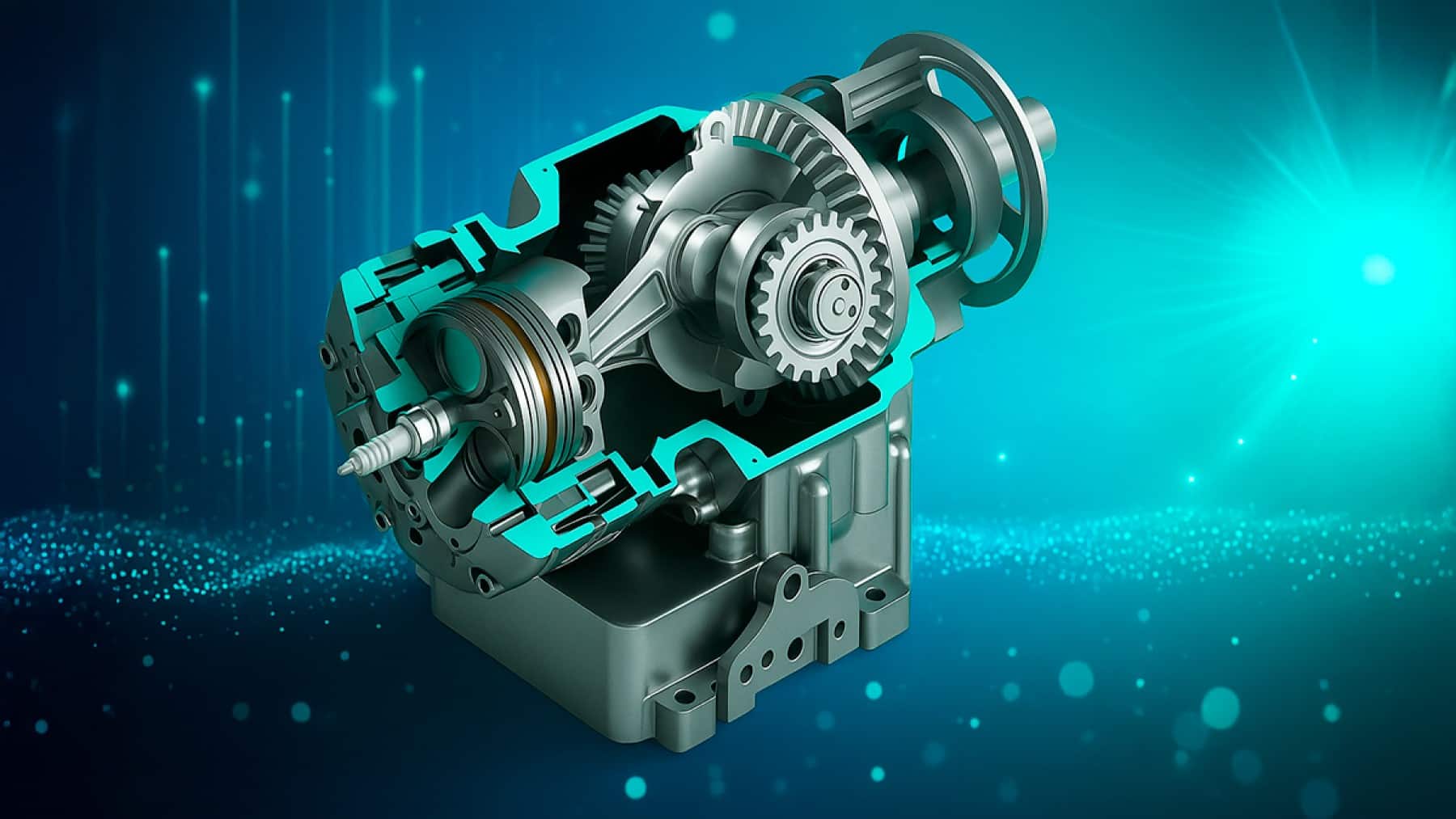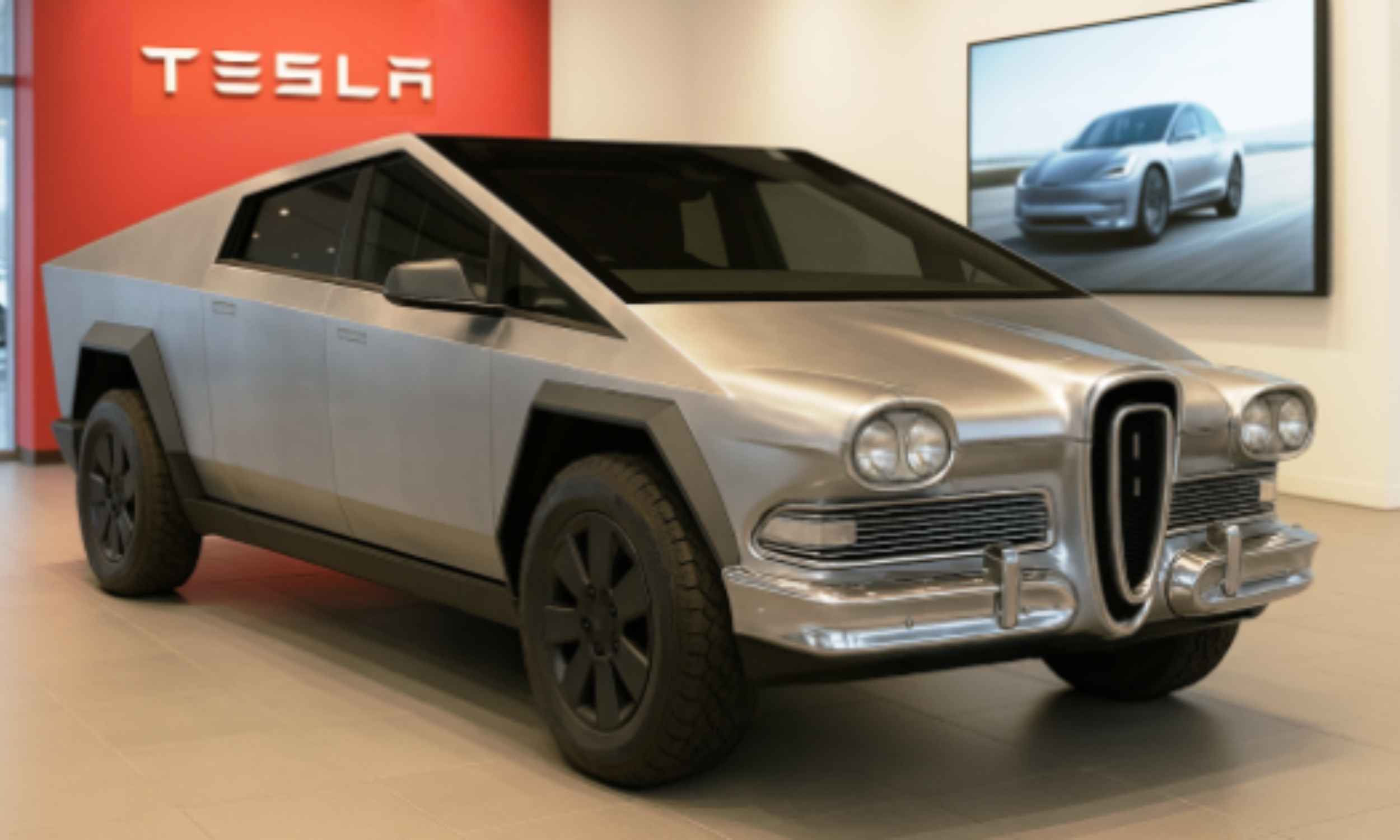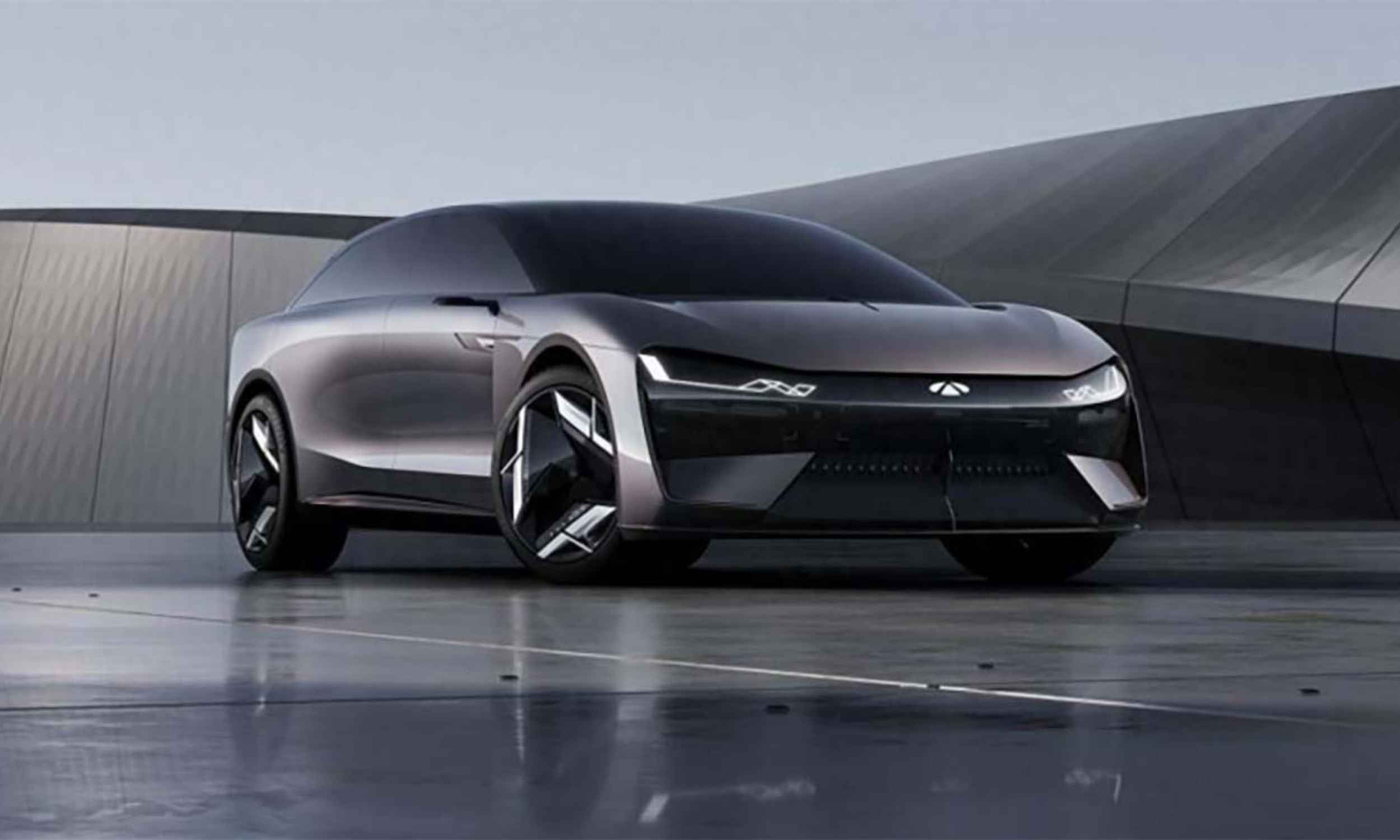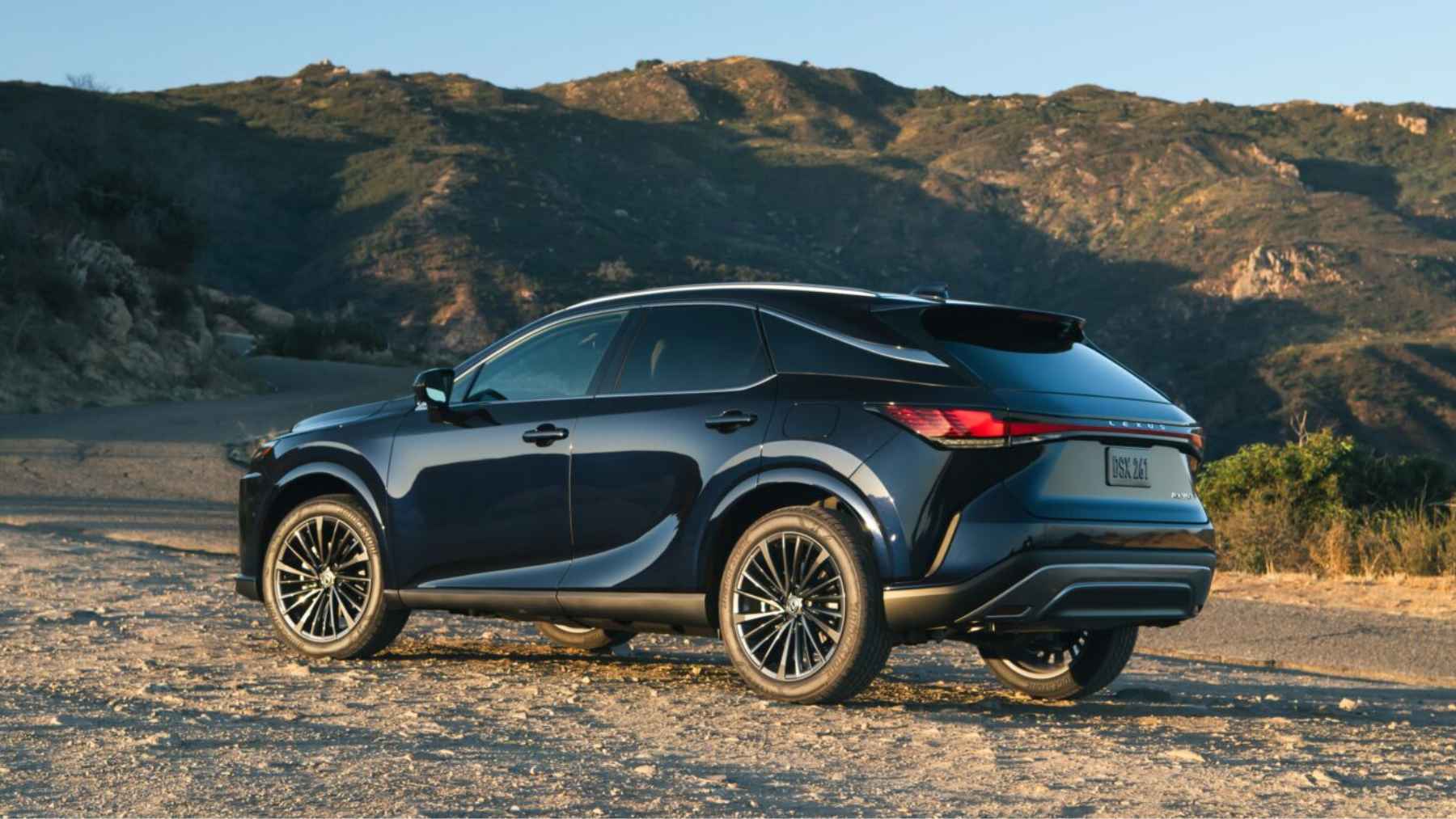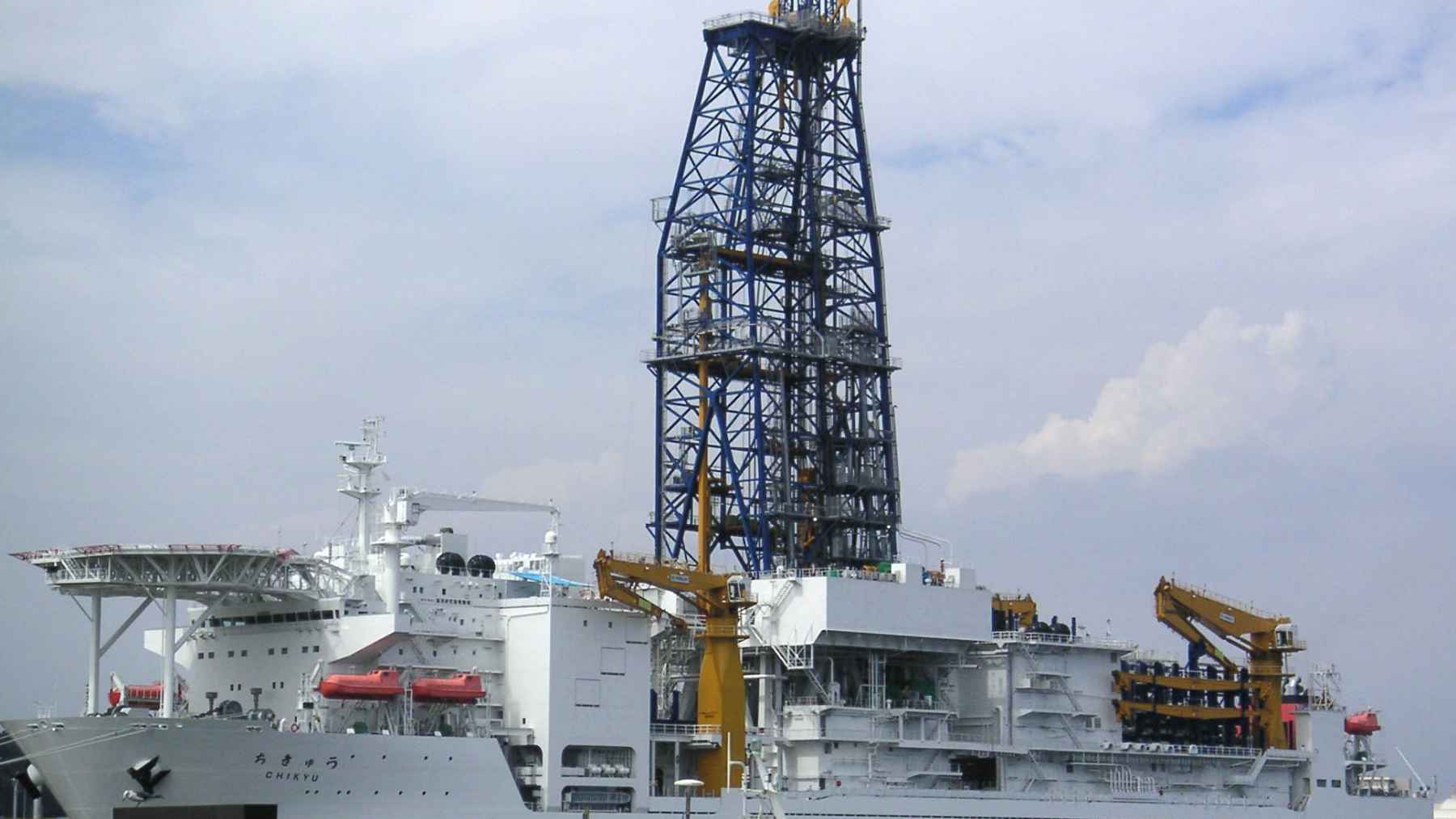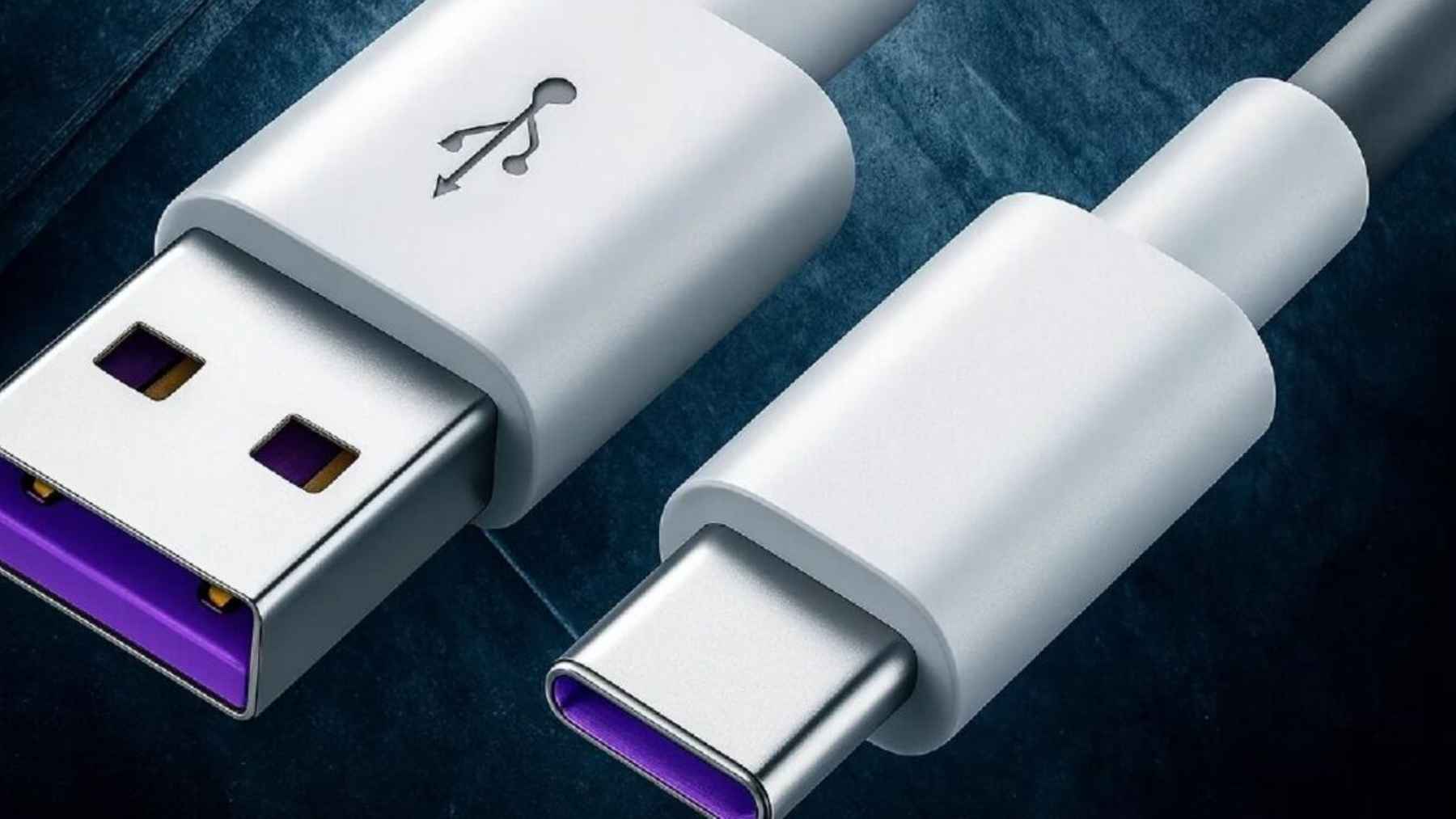Hydrogen and electric engines may not be replacing the internal combustion engine just yet. Amidst a world dealing with the imminent challenge of irreversible climate change damage, the transportation industry has been working towards providing sustainable and alternative engine solutions that can replace the internal combustion engine in order for the industry to achieve carbon-neutrality and offset the damage incurred by the carbon emissions released by the internal combustion engine. However, while some are pushing towards phasing out this engine, others are continuing to redesign and revamp it.
The rise of electric and hydrogen engines
With pressure on the transportation industry to transform their products to be more sustainable, automobile producers and innovators in particular have focused their efforts on creating passenger vehicles that rely on alternative engine solutions. Two alternative solutions that have been identified as the most popular are the electric and hydrogen engines.
The electric engine has long been the star of the alternative engine show, with plug-in hybrid models in particular being the most popular choice for electric solutions. Thanks to contributions by innovators such as American electrical vehicle company Tesla, the electric engine has risen in popularity not only due to technological achievement, but also thanks to its perceived representation as a symbol of both luxury and futurism.
However, emerging as a keen complement is the hydrogen engine. While most major automobile companies have been placing their bets on electric engines, automobile manufacturers such as Toyota, Hyundai, and, more recently, BMW has been developing hydrogen fuel-cell engine models. While electrical engines are the clear favorite for the passenger vehicle, development in this area is important for sectors of the transportation industry where the electrical engine falls short, such as the long-haul trucking and aviation industries.
This engine outperforms hydrogen offerings
While automobile developers have been looking at alternative engine solutions to replace the internal combustion engine, others are continuing to find ways to improve the internal combustion engine. The reality is, while alternative engine model sales are growing, the internal combustion engine continues to dominate. Thus, passenger vehicle developers need to continue to balance both the demands of sustainability goals while also noting what is still being prioritized by consumers.
Following this, Avadi released a new design last year for a 250cc engine, which weighs in at an incredibly light 24 pounds. The engine is not only set to be more efficient than current designs, as well as featuring a design unlike what has been seen in previous engines:
“two connecting rods and their corresponding pinion gears reside in what we call a ‘halfshaft.’… the halfshaft can be likened to the heart of the Avadi design, it is essentially the housing where up-and-down piston motion is translated to rotational motion,” describes the Avadi website.
While internal combustion engines tend to be more powerful than their alternative engine counterparts, it won’t be long until we are producing alternative engine models which significantly outperform the internal combustion engine as the industry continues to search for ways to achieve carbon-neutrality without sacrificing performance.
New futuristic developments coming soon
While Avadi has not provided an update on their super-compact internal combustion engine since 2023 (with plans of a release date announcement growing smaller by the day) other innovators and developers have confirmed plans for the release of their own new engine solution offerings.
Recently, Toyota showcased plans at the 2025 Hydrogen and Fuel Cell Seminar for their vision for a transportation network and society that sees not just hydrogen as a fuel source for passenger vehicles, but playing a key role being a power source in multiple sectors. Further, the Asian automobile developer has stressed the importance of collaboration during this critical period of transformation, instead of companies prioritizing profit and competition.
Disclaimer: Our coverage of events affecting companies is purely informative and descriptive. Under no circumstances does it seek to promote an opinion or create a trend, nor can it be taken as investment advice or a recommendation of any kind.
